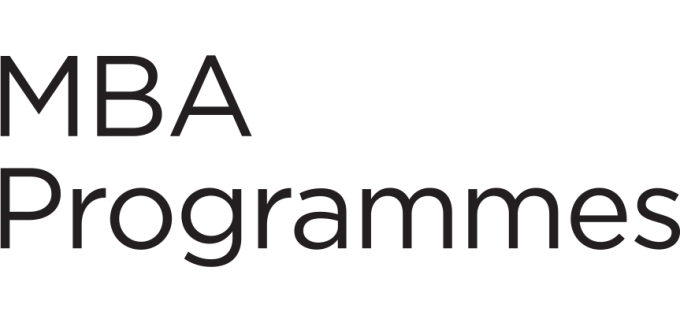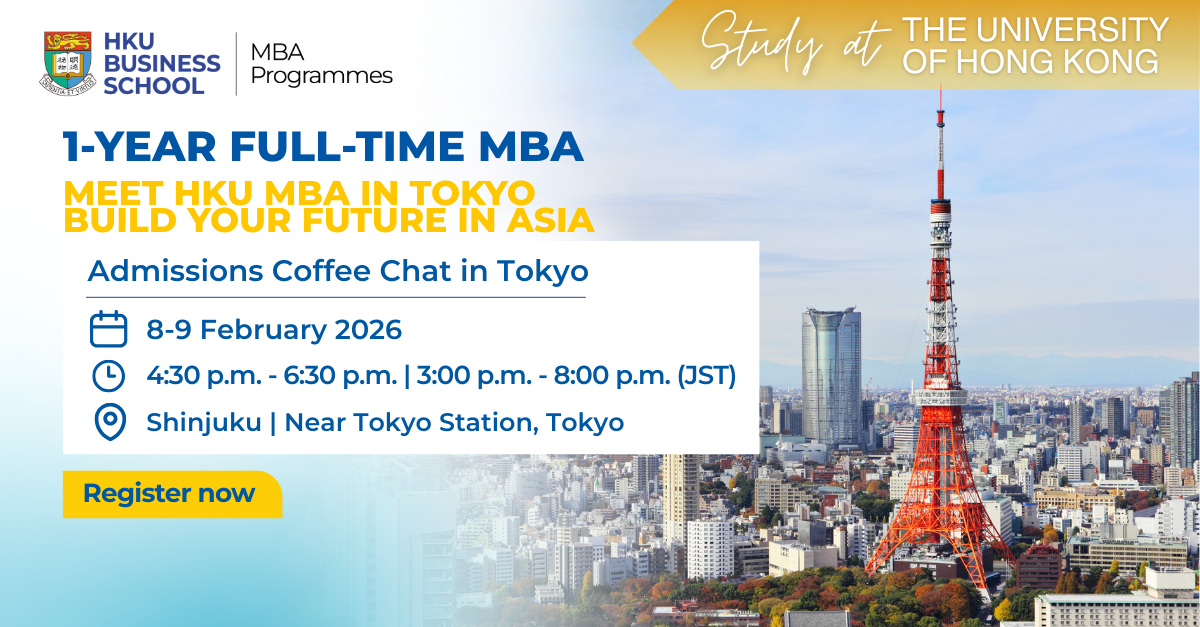Media Interview
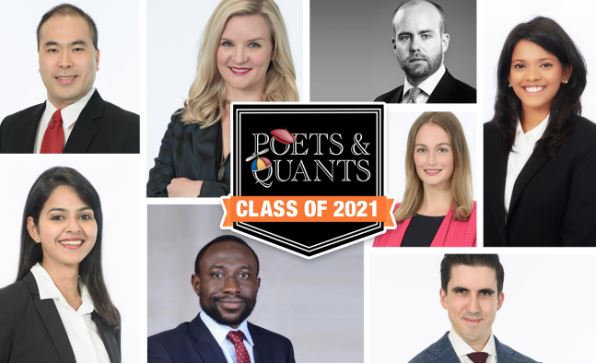
Hong Kong only covers 427 square miles – and they make every inch count!
In the 19th century, the “Pearl of the Orient” was just a fishing village with few resources besides a harbor and a vision. Over generations, the former colony built on this advantage. Eventually, Hong Kong became the Gateway to China, a free market haven where East meets West – a place where ancient customs and cutting edge practices enrich each other.
Home to 7.5 million people, Hong Kong is an investment and trade hub with a per capita GDP that’s five times larger than China. The region’s secret? Think minimal regulation, vibrant banking culture, and a legal system that has enshrined contracts and property rights. The City of Life ranks alongside New York and London as global financial centers, boasting its own stock exchange and currency. In fact, nearly two-thirds of all foreign direct investment to China flows through Hong Kong. Considering its premium location and commercial clout, many multinationals maintain their regional headquarters there, including Goldman Sachs, JP Morgan, IBM, Prudential, and FedEx. Let’s not forget entrepreneurship; Hong Kong startups have skyrocketed by 424% since 2014 according to StartmeupHK.

University of Hong Kong – Main Campus
STUDY BUSINESS WHERE BUSINESS HAPPENS
That includes the HKU Business School, which ranks among the top universities in Asia in U.S. News & World Report. Here, you’ll find Hong Kong University Business School, a one-year MBA program grounded in the 3 I’s: Internationalism, Innovation, and Interdisciplinary. Like Hong Kong, the HKU MBA combines the best of two worlds, taking a deep dive into business fundamentals while immersing students in Asian-Pacific business practices. This gives the program a distinct advantage over other business schools, says Laura Hawxhurst, a member of the Class of 2021 who previously headed up political advocacy and engagement at CVS Health.
“Being in the middle of historic Hong Kong as the Greater Bay Area expands – with opportunities to study in mainland China, the US, or the UK – is an incredible opportunity,” she explains. “Hong Kong is a richly diverse city at the center of business and culture. HKU offers a unique experience to study business where business happens and expand our networks and experiences to other international locations.”
Enterprise, energy, influence, and imagination – that’s Hong Kong in essence. In the words of author Jonathan Gash, Hong Kong has a “knack of building where others wouldn’t dare.” You could say the same about MBAs – students who aren’t afraid to delve and disrupt. In Hong Kong, they’ll find the future – cash-free living and rapid public transit – the kind they can help shape and perfect. At the HKU MBA, they’ll find a partner with the connections and credibility to open doors to experts and employers alike.
PHYSICISTS-TURNED-BANKERS AND ACCOUNTANTS-TURNED-ENTREPRENEURS
“Hong Kong has long been known as the bridge between the east and the west,” adds Dr. Sangeeta Bhuyan, a researcher in the university’s School of Dentistry. “It’s a world city, a global financial hub and has a unique personality. HKU Business School has a deep-rooted network within HK community and this is demonstrated by all the workshops and guest lectures that have been carried out by the career development team. It has extended my network and opened exciting career pathways.”
That’s not to say Dr. Bhuyan had a dull pathway before joining the Class of 2021. After all, she was charged with enhancing the university’s dental education. This included creating digital content that fit an e-learning platform and tapped into a variety of learning styles. Impressed? Just ask Muhammed Manko how he got his promotion? Spoiler alert: the physicist-turned-banker resolved a bad loan worth a billion dollars. If you’re looking for grace under pressure, that would be Laura Hawxhurst’s differentiator. Before she entered policy creation and advocacy, she was a certified emergency medical technician – a job she started when she was just 16 years-old!
Towncentre Lecture Theatre
Looking for a woman who can do it all? Introducing Sandhya Narayanan. A chartered accountant by trade, she transitioned into being an entrepreneur. Her social venture, HashHackCode, provides education and mentorship to neurodiverse individuals with challenges like autism and Asperger. In her spare time, Narayanan works as a freelance writer with a very specific bent.
“I write stories of ordinary people doing extraordinary things,” she tells P&Q. “I listen to candid tales of hard work and sacrifice from entrepreneurs, artists, teachers, and NGOs. To-date I have featured over 70 entrepreneurs and individual achievers in web publications. This has helped me believe in a cause bigger than myself.”
DIVERSITY BEYOND GEOGRAPHY
That’s an instinct that Narayanan shares with her classmates. Kenneth Jee, who brings a passion for data and healthcare to business school, describes the Class of 2021 as very driven. “Whether it is participating in spirited class discussions, collaborating on group projects, or seeking to further develop individual hard and soft skills, my classmates are all equally driven. As we seek to grow and learn together through the MBA program, I am constantly inspired by this passionate drive consistently shown by my MBA cohort.”
Like many class members, Molly Scott touts the program’s diversity. A “classic Canadian,” Scott notes that her last project group included peers from India, Finland, Switzerland, China, and Hong Kong. However the geographic differences were only part of the recipe for fostering unforgettable class discussions, observes Laura Hawxhurst.
“It is easy to focus on the diversity of our nationalities, but our diversity of opinion and background is equally important. It is an honor to learn from my classmates every day in our class discussions and projects. The insights we gain from different socio-economic backgrounds, family lives, education styles, and work experiences are just as important as the course material.”

Student cyberport group work
29 OF 51 STUDENTS ARE WOMEN
Despite these differences, adds Hawxhurst, the class has been able to jell into high-performing teams. “We have a heavy course load and being able to transform our projects from group work to true teamwork has been extremely helpful and productive. We are able to rely on each other’s strengths and differences depending on the project which allows us to learn from each other and get more out of each assignment. Every class requires active participation and team presentations, which facilitates all students to practice public speaking and pitching in a supportive and constructive environment.”
That hasn’t been easy with the advent of COVID-19. Dr. Sangeeta Bhuyan, for one, credits the program’s faculty and staff for holding the class together during unprecedented times. “They have been resilient and have supported the students to create a safe and risk-free learning environment. From hybrid to face-to-face classes, the professors have been able to bring energy and care in equal amounts to keep the students engaged and support effective learning.”
That’s the Class of 2021 from the ground level. Overall, the class includes 51 MBA candidates, with 60.8% of the class hailing from outside China. In fact, there are 17 countries represented in the class, the majority (57%) being women. On average, the class scored a 640 GMAT (650 median). The HKU MBA also accepts GRE scores and 17.6% of the class opted for this pathway.

Towncentre communal area
In terms of professional experience, 23% of the class last worked in Accounting and Banking Finance. General Management accounts for 18% of the class, as does Sales and Marketing. Operations (13%), Consulting (12%), Engineering (8%), Professional Services (6%), and Other Professions (2%) round out the class.
Looking ahead, the Class of 2021’s prospects appear bright. The HKU MBA produced a 90% employment rate with the 2018 and 2019 classes. That happened with 75% of students changing job functions and 60% shifting to a different industry. Nearly half remained in Hong Kong, while another 10% moved to mainland China. The largest percentage of graduates – 35% – chose to work in Financial Services, with Consulting (18%), Consumer Goods (13%), and Technology (13%) also attracting larger shares of these classes. In the end, these graduates landed jobs with companies as diverse as Alibaba, McKinsey, Morgan Stanley, and Tiffany.
AN INTERVIEW WITH SACHIN TIPNIS (SENIOR EXECUTIVE DIRECTOR OF TAUGHT POSTGRADUATE – HKU BUSINESS SCHOOL)
What are the latest developments at the HKU MBA? How has the school addressed COVID-19? Why is the school’s small class sizes and case-based learning methodology so critical in enriching the student learning experience? In November, P&Q posed these questions to Sachin Tipnis, the senior executive director at the University of Hong Kong’s MBA program. Here are his written thoughts on the state of the school.
P&Q: What are the most exciting new developments at your program?

Sachin Tipnis
Tipnis: “One of the most interesting additions to our program this year is the China Immersion Program focusing on the Greater Bay Area (GBA). The development of the GBA is accorded the status of key strategic planning in China’s development blueprint, having great significance in the country’s implementation of innovation-driven development and commitment to reform and opening-up. The area is already an economic powerhouse, with a population of 70 million and a GDP of around 10 trillion RMB. This creates tremendous opportunities for our students and hence we have launched a series of well-planned and structured activities to enhance knowledge about GBA amongst our community through interactive forums, conferences, fireside chats, engagement with industry, leadership talks, alumni panel discussions, live consulting projects and actual visit to GBA (once travel restrictions are lifted). This will provide our students with a deep understanding about GBA, which will have great impact on the knowledge and skills needed to thrive in GBA.
We have also recently introduced “Knowledge Exchange” platform for our students and alumni community for them to share their insights on different topics and industry. This is a good platform for them to showcase their knowledge about a particular topic, which then can be shared with potential employers. We also promote this platform in our social media channels which can provide our students a larger canvas and reach.”
P&Q: What is the two most unique or differentiating features of your full-time program? How do they enrich the MBA experience?
Tipnis: “1. Regional perspective in the heart of Asia
As the Asian economy continues to grow, it is vital that business leaders from the region are exposed to cutting-edge business education that is tailor-made for achieving success in the dynamic Asian arena. The HKU MBA adopts an experiential-learning approach, with a strong focus on China and Asia. Students learn how to apply business principles and models to real-world business problems in Asia region. All courses are taught by using context-rich business scenarios and cases based on actual experiences at well-known Asian and global companies. This strong regional perspective is one of our differentiating factors as our students have very strong knowledge, exposure and understanding about one of the most critical and important regions in the world.

University of Hong Kong Main Campus
2. The London & New York Connection: An expanded global vision
Our exchange partnerships with two world-renowned business schools, London Business School and Columbia Business School, provide our students with unparalleled educational and networking opportunities. Students benefit from the international experience and state-of-the-art knowledge of three of the world’s major business centres: Hong Kong, London and New York. Instead of having multiple exchange partners, wherein students need to compete and only few spots are available for top schools, we adopt a model wherein our students are guaranteed to do exchange at these two top ranked schools. They can choose the track at the time of the admissions which then make their MBA journey very interesting as HKU provides strong Asia focus, and later through this exchange they are able to have global vision and exposure.
Our partnership with Fudan University in Shanghai further increases learning by giving students an in-depth understanding of doing business in the world’s biggest marketplace, and those who want to specialize in China business can opt for this option.”
P&Q: How has COVID-19 impacted your business school?
Tipnis: “COVID-19 has not had major impact, as situation in Hong Kong is very stable and we never experienced a complete lockdown. Our admissions across MBA (both full-time and part-time) and specialized Master programmes went very smoothly and we were able to admit quality full cohorts for all our programmes. As the travel restrictions were in place, we had to delay the start of the programmes by around a month to facilitate 14 days quarantine for our large number of international students. Nearly the full MBA class is now physically present in Hong Kong and we are able to conduct face-to-face classes and activities.”

Towncentre Commons Area
P&Q: How does your location in Hong Kong enhance students’ learning and employment opportunities in Hong Kong and China in general – and the Asia-Pacific region in particular?
Tipnis: “We are in the heart of a city created by entrepreneurs and raised to global pre-eminence on deep business foundations. This confers an immense advantage on our students. Hong Kong is not only a capital of business, it is a great financial hub, a status it supports by being the most open business environment in Asia and one of the freest in trade and money in the world, with a low and simple tax regime. Its competitiveness, high by all the global rankings, is breathtaking and its infrastructure, which beats all other cities worldwide, makes it irresistible as a location. An Asian nexus and forever a portal to China, Hong Kong is a draw at all levels. Overseas and mainland companies are locating there in greater numbers. It is fertile ground for startups, both local and from around the world. As a city, Hong Kong works and gets the job done. It is an ideal setting for internationalism, attracting people of many skills from far-and-wide.”
P&Q: The university boasts 220,000 alumni. How does the business school leverage this resource in its MBA programming and career services?
Tipnis: “Our extensive network helps us to bring in our alumns as mentor, coaches, career advisors, conduct leadership talks, workshops and even as angel investors for new start up ideas and incubation programmes. The resources are tremendous, which is a major benefit for our student community. Nearly in every organization, both private and public one can find a HKU alumnus.

Towncentre Meeting Room
P&Q: One of your differentiators is your case-based learning approach that relies heavily on HKU faculty cases that focus on Asia. How does this approach give your students in the global marketplace?
Tipnis: “Asia is now the centre of business as it is the biggest marketplace and also has very diverse portfolio of economies. For sure, our cases focus on Asia, but the world business is interconnected and one cannot cover any region without the overall context of what’s happening in the global market place. A fair part of the cases cover global and international arena. When our students go to London or New York, they are further able to develop their global mindset and competencies. As such our programme is well balanced with their 8-9 months in Hong Kong providing them solid understanding about Asia and then 3-4 months in London or New York giving them the global context.”
P&Q: How does your small class size enrich the MBA learning experience? Why do you employ a one-year format?
Tipnis: “The programme’s relatively small class size, along with the diversity of profiles among class members, allows for extensive interaction and collaboration. Small class size means we can offer personalized career services. We are able to provide tailor made career advice and guidance to our students, and work on a one-to-one basis in terms enhancing their professional and personal skills and connecting them with the relevant corporate and recruitment partners.
We have adopted a one year format to match the Asian market place, which is fast-paced, intensive and agile. We want our students to embrace this culture and prepare them well for this vibrant market.”
MBAs SPEAK ON WHY THEY CAME TO HKU
The small class size has also nurtured a sense of “closeness and camaraderie” in the Class of 2021, adds Kenneth Jee. “Since day one of orientation, the cohort has been joined at the hip and everyone knows each other’s life journey and previous experiences…It has allowed all of us to invariably get a chance to work on a class project or group presentation with every single member of the cohort at some point during the first three months of business school.”

Cyberport Outdoors
Not just the HKU MBA cohort. As Tipnis noted, students can also participate in tracks where they can attend classes on three different continents, further expanding their understanding of global perspectives and dynamics. That made a big impression on Sandhya Narayanan during the admissions process.
“The icing on the cake was the partnership of HKU with London Business School and Columbia Business Schools that could allow us to explore the best of both worlds – The East and the West! Unlike exchange programs, this unique partnership allows us to choose from a set of diverse electives offered at LBS/CBS.”
Kenneth Jee, however, is more excited about staying closer to home and taking advantage of the China Immersion Program. “With the Asia-Pacific region being at the center of many international business ventures, the program’s focus on China’s vibrant and evolving business environment is particularly relevant. By participating in regular company visits and business field trips to China, I hope to gain a deeper understanding of international business while learning more about the necessary cultural dynamics and sensitivities needed to succeed in business in the region.”
That’s not all the Class of 2021 learned. For Molly Scott, the demands of business school have built up her confidence – and exposed her to connections she had never before considered. “During my first months of business school, my brain responded like an elastic band, constantly being pulled into different directions. There was economics, analytics, accounting, and financing tugging at different parts of my brain. Now, I am seeing how these all relate to each other – and to business.”
9 in-depth profiles of Class of 2021 members
| MBA Student | Hometown | Undergrad Alma Mater | Last Employer |
|---|---|---|---|
| Dr. Sangeeta Bhuyan | New Delhi, India | Chaudhry Charan Singh University | School of Dentistry, HKU |
| Laura Hawxhurst | Sparta, NJ, USA | James Madison University | CVS Health |
| Aline Herth | Zwingenberg, Germany | San Jose State University | 1&1 IONOS |
| Kenneth Jee | New York City, NY USA | New York City, USA | Horizon Blue Cross Blue Shield |
| Muhammed Manko | Abuja, Nigeria | Usmanu Danfodiyo University | Asset Management Corporation of Nigeria |
| Sandhya Narayanan | Chennai, India | The Institute of Chartered Accountants of India | HashHackCode |
| Samuli Pyy | Helsinki, Finland | University of Turku | WDL |
| Molly Scott | Toronto, Canada | Dalhousie University | Neat |
| Hubert Streitler | AU, Switzerland | Ecole Hoteliere de Lausanne | Bloomberg |


